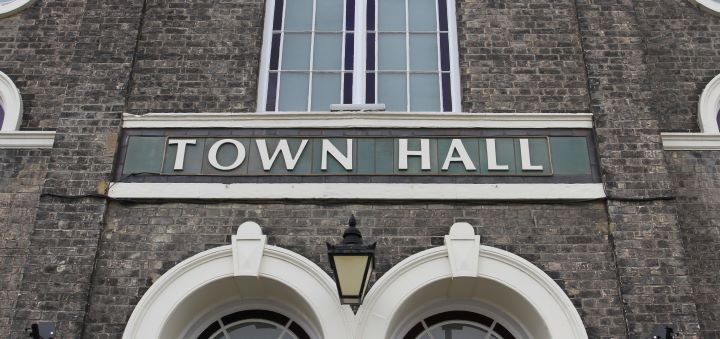
The current funding system for local authorities in England is “out-of-date and arbitrary”, which threatens the government’s levelling up agenda, a new report by the Institute for Fiscal Studies (IFS) has found.
The IFS’s report outlined that the government has not updated its main estimates of councils’ spending needs since 2013, which were predictions based on old data, sometimes from as far back as the 2001 census.
“As a result, funding allocations are increasingly out-of-date and arbitrary in relation to local socio-economic circumstances,” the report said.
The research found that local government funding does not consider the differences in population growth since it was last updated. In addition, the spending needs and revenue-raising capacity of authorities are taken into account in an ad-hoc way, which in the case of council tax is “arguably unfair”.
David Phillips, the IFS’s associate director and author of the report, told Room151: “The council funding system hasn’t really been a system at all in recent years – it lacks a suitable mechanism for estimating councils’ spending needs and their capacity to raise revenue themselves, and for allocating government funding accordingly.”
Evidence by the IFS found that areas with higher per capita needs in 2013-14 on average saw larger government funding cuts. This resulted in the most deprived councils in the country receiving 10% less funding for adults’ and children’s social care than their assessed needs, whereas the least deprived authorities gained 20% more funding than their estimated needs.
“[Government] approaches have over-prioritised funding stability by not accounting for changes in spending needs at all.
“In the case of police and councils, they have also, until very recently, worked against the ‘levelling up’ agenda by cutting funding more in areas with higher assessed needs and higher levels of deprivation.
“Indeed, the issues with police, local government and public health funding allocations are so significant that the amounts allocated to different places are essentially arbitrary,” the report said.
The problem we have is that without up-to-date assessments of councils’ spending needs it’s very hard to say whether the levels of funding and spending we see across the country are ‘fair’, reflect differences in local needs and local decisions on council tax.
Delayed Fair Funding Review
The IFS highlighted that “in recognition of the unsatisfactory state of the council funding system” the government had detailed plans to reform it in 2015 under the Fair Funding Review. However, no firm date has been set for the implementation of reforms.
Also, the IFS detailed that some aspects of the proposed Fair Funding Review were poorly thought out including the plan to base needs assessments for many council services on population only and not accounting for deprivation levels.
Phillips added: “The problem we have is that without up-to-date assessments of councils’ spending needs it’s very hard to say whether the levels of funding and spending we see across the country are ‘fair’, reflect differences in local needs and local decisions on council tax.
“Or whether central government funding needs to be redistributed to be fairer and deliver better value for money.
“That’s why we think it’s a shame that the Fair Funding Review seems to have been kicked further down the road.”
Social housing funding
The IFS’s report also criticised the government’s grant funding for new social housing as it is allocated to councils on the basis of competitive bidding.
“This means that there is no formal assessment of the need for such interventions in different areas, and areas with the highest housing needs may not receive funding if their funding bids are deemed to be not of sufficient quality,” the research added.
The IFS did suggest that the government’s “value-for-money approaches used in appraising bids” do account for the differences in expected benefits of projects in areas where land for housing is more expensive and affordable housing is a more pressing issue.
The council funding system hasn’t really been a system at all in recent years – it lacks a suitable mechanism for estimating councils’ spending needs and their capacity to raise revenue themselves.
—————
FREE weekly newsletters
Subscribe to Room151 Newsletters
Room151 LinkedIn Community
Join here
Monthly Online Treasury Briefing
Sign up here with a .gov.uk email address
Room151 Webinars
Visit the Room151 channel












